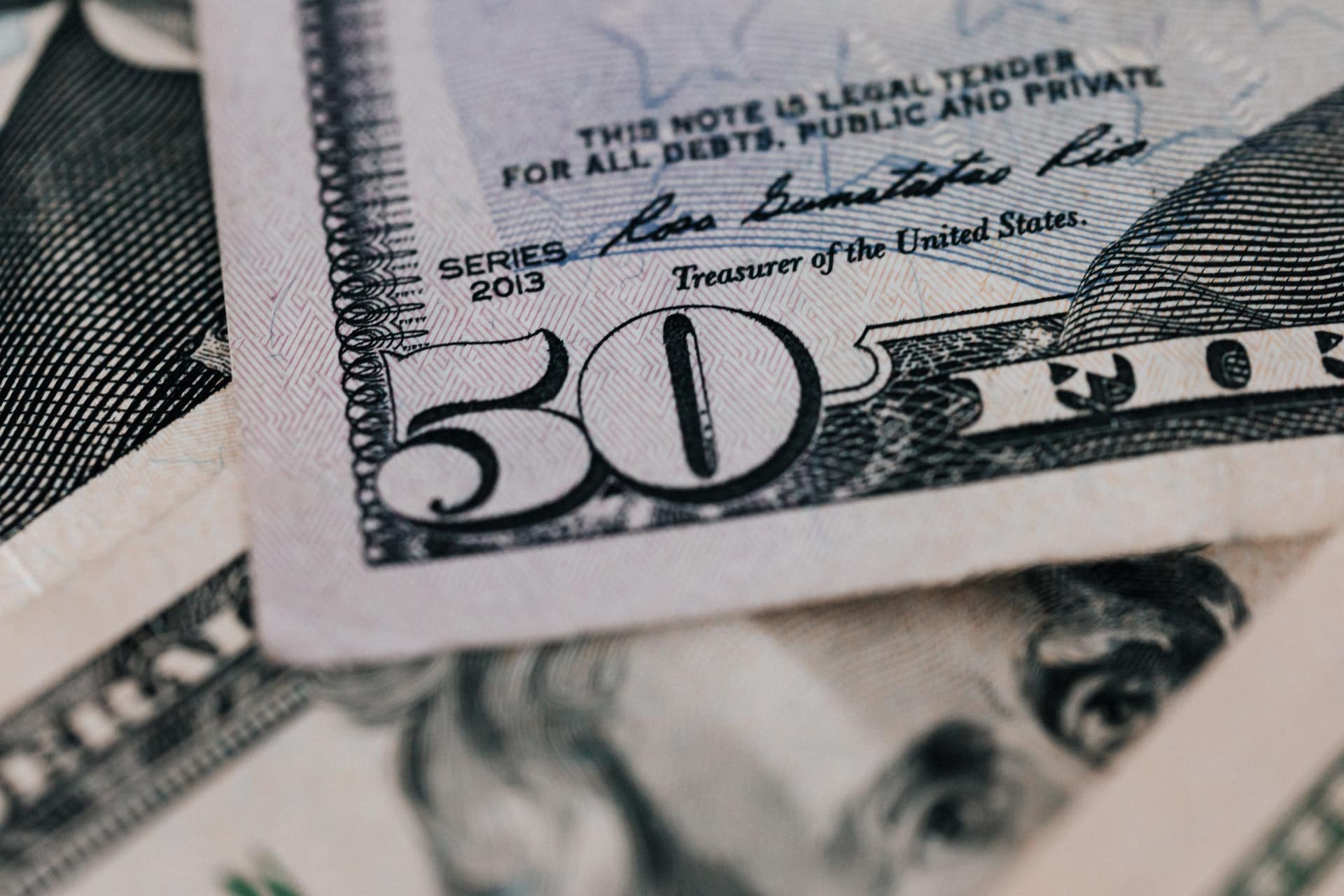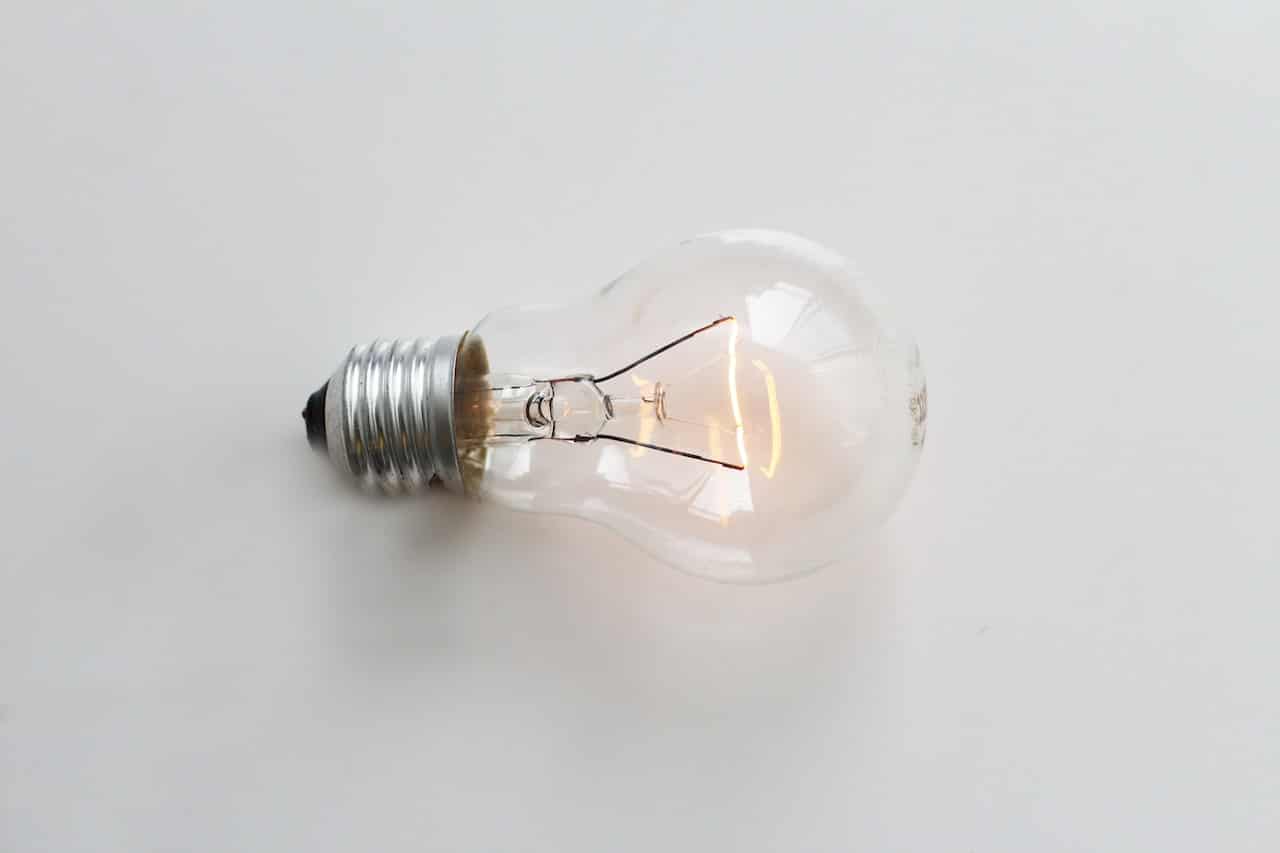To start building a credit history, individuals can begin by obtaining a secured credit card or becoming an authorized user on someone else’s credit card account. Consistently making timely payments and maintaining low credit utilization are key steps in establishing a positive credit history. An established credit score allows you to borrow money, but excellent credit helps you save money and get better financial opportunities. If you don’t have a credit score yet, know that there are plenty of ways to start building credit! There are secured credit cards, joint loans, or even no credit check loans. Learn how to build credit from nothing and practice good credit habits.
What Are Credit Bureaus?
If you’re ready to build credit from scratch, it’s crucial to first learn about credit bureaus. Equifax, Experian, and TransUnion are the three credit bureaus that collect financial information.
Credit reporting agencies collect positive and negative information from lenders and creditors that report your financial activity. Certain financial activities, such as late payments, will remain on your credit reports for a prolonged period. Negative information on your report can decrease your credit score and affect your borrowing.
Take a look at how long negative information stays on your report:
- Late payments – Seven years from the original delinquency date
- Collection/charged-off accounts – Seven years from the missed payment date
- Bankruptcy – Seven to ten years, depending on the type of bankruptcy
- Repossessions – Seven years from the date of stopped payments
- Foreclosures – Seven years from the date of the first missed payment that led to foreclosure
Each credit bureau provides a credit report, and consumers are able to get one free report annually. Credit reports are available online, by phone, or by mail. Suppose you want to review your Experian credit report online. In that case, you can access it through the Experian or Annual Credit Report website.
Financial institutions, businesses, and yourself can see your credit reports. But the Fair Credit Reporting Act (FCRA) requires business entities to have a legitimate purpose for viewing your report without permission. But you have the option to freeze credit reports for all three bureaus. A freeze means business entities cannot access your reports until you lift the freeze.
Financial Options To Build Credit Scores
You have options available if you want to build credit scores from nothing. Specific loans are available to help people with no credit access emergency funding. Consider your options and decide what type of financial commitment you’re ready to make.
Apply for a Credit Builder Loan
A credit builder loan is just what the name implies! Credit builder loans help you build credit by allowing you to make consistent monthly payments until the loan is paid off. The lender will set up a savings account or a certificate of deposit (CD) with the loan money. According to the Consumer Financial Protection Bureau (CFPB), most credit builder loans provide between $300 to $1,000.1 Your monthly payments will go towards paying off the loan amount. After you make your final payment, you can access the savings account!
Secured Credit Card
Secured credit cards work like regular credit cards, except that you must provide the total loan amount. Credit limits for secured cards are dependent on the borrower’s deposit. Suppose you have $600 available to spend. After you provide that money to a credit card issuer, you will receive a secured card with a $600 credit limit. Secured cards allow you to build a payment history while you spend money.
Personal Loan
A personal loan is a flexible installment loan option that you can pay off over a few months or years. The amount you can get with a personal installment loan depends on your credit history and income. However, many lenders offer flexible qualification requirements. You can start borrowing money as soon as you have access to reliable income. By applying for no credit check loans, same day approval is possible!
Become an Authorized User
An authorized user is a person that a credit card user can add to their account. Authorized users receive their own credit cards but are not responsible for payments. Suppose your mom is financially responsible and has no missed payments. By being an authorized user, you can benefit from her financial activity without applying for your own credit account. Being an authorized user is a great option to build credit as a college student because you don’t have to do anything!
Use a Cosigner
If you struggle to get a loan or credit card with no credit, you can try applying with a cosigner. A cosigner lowers the lending risk for the financial institution and increases your chances of getting better loan terms. Anyone with a decent credit history can be a cosigner, which means you can ask family members or friends. A cosigner shares financial responsibility with the primary account holder, so ensure you can afford to pay off the loan. If you fail to repay the loan, the cosigner is obligated to pay any remaining missed payments.
Alternative Ways To Build Credit
| Strategy | Description | Benefits | Considerations |
| Credit-Builder Apps | Apps designed to report rent and other recurring payments to credit bureaus. | Helps build credit with existing payments. | May have fees; not all payments qualify. |
| Retail Store Credit Cards | Credit cards offered by retail stores, often with easier approval. | Easier to obtain; can build credit. | High interest rates; limited use. |
| Community Development Financial Institutions (CDFIs) Loans | Loans from CDFIs aimed at low-income individuals. | Accessible loans; support financial inclusion. | Limited availability; may have higher interest rates. |
| Peer-to-Peer (P2P) Lending | Loans obtained directly from individuals through a P2P platform. | Alternative to traditional banks . | Varying interest rates; risk of higher fees. |
| Financial Counseling Services | Professional advice on managing and building credit. | Tailored advice for credit improvement. | May involve counseling fees. |
| Online Financial Education Courses | Courses offering education on credit and financial management. | Improves financial literacy. | Time investment required. |
| Savings Secured Loan | Loan secured by your savings account. | Builds credit; low risk for lenders. | Requires upfront cash in savings. |
How To Build a Good Credit History
Financial institutions use credit histories to make qualifying decisions and determine loan terms. Getting and maintaining a good credit score takes effort, but it can provide numerous benefits. If you don’t have a credit score yet, you may ask, “What’s the best way to build a credit history?” Learn how to build and maintain good credit scores below.
Pay Bills on Time
Making monthly payments on time is one of the best ways to build credit. Many lenders refer to FICO scores, and your payment history makes up 35% of your total FICO score. Missing payments can decrease your credit and appear on your credit profile. But consistent debt payments make you a great borrower! An excellent payment history can help you get lower rates, more money, and better perks.
When a borrower has multiple missed payments, the lender may turn to a debt collection agency for help reclaiming the unpaid balance. Suppose a debt collector has contacted you. In that case, you may wonder how long it takes for a collection agency to report to a credit bureau. Financial institutions are the ones who report late payments every 30 days to the bureaus. Two negative accounts will appear in your credit profile if your debt is sold or transferred to a collection agency.
Limit Your Accounts
Applying for too many loans or credit card accounts can prevent you from building a good credit score. A lender does a hard credit check when you apply to borrow money. Hard credit checks can decrease your score by as much as five points. Hard inquiries also stay on your credit reports for two years.
Too many inquiries within a short period can indicate to financial institutions that you have poor financial management. If you don’t have credit, it can be hard to get approval for loans. But you can limit the number of applicants you submit by applying for secured credit accounts and other credit-building options.
Don’t Close Old Accounts
Once you obtain financial accounts, keep them open for extended periods. A closed account affects the average age of all your accounts. Keeping financial accounts open for years can help you build good credit that looks better to lenders. Being able to manage your financial accounts successfully shows that you are a reliable borrower. However, keep in mind that some financial institutions close accounts that go unused without warning.
Maintain a Low DTI
Your debt-to-income (DTI) ratio will significantly affect your credit score once you start building credit from nothing. A debt-to-income ratio represents your financial capability because it is the difference between what you owe and what you earn. To calculate your DTI ratio, add your total monthly debts and divide the total by your monthly gross income. The result is your DTI ratio, which can help you determine your financial standing. Ideally, you want to keep your DTI ratio below 35% to avoid unmanageable debt. Low DTI ratios can help you get prime financial opportunities to save money.
Check Your Credit Report
Once you get a credit score, make sure to check your credit reports at least once a year. Keeping an eye on your reports helps you better understand your credit position and spot mistakes. Unfortunately, errors on a credit report are not rare, and your credit may be negatively affected by a wrong balance amount or incorrect payment date. You can get free annual reports from each of the three major credit bureaus.
How Long Until I Get a Credit Score?
Suppose you got approved for a personal loan without an existing credit score. How long do you have to wait to get a credit score?
According to Experian, consumers typically need three to six months of financial activity to get a credit score.2 Contrary to popular belief, consumers do not start with a zero credit score. Your first recorded credit score depends on your financial activities since consumers do not start out with the same base score.
FAQ: Building Credit from Nothing
Credit unions often offer beginner-friendly financial products like starter credit cards or small personal loans, which can be excellent tools for building a credit history. They typically have more lenient approval criteria compared to traditional banks, making them a good option for those starting from nothing.
Credit utilization – the ratio of your credit card balances to your credit limits – is a crucial factor in your credit score. Keeping your credit usage below 30% is recommended, as high utilization can signal to lenders that you’re over-reliant on credit, negatively impacting your score.
Yes, consistently paying utility bills on time can help build your credit history. Some credit scoring models include utility payment history in their calculations. Additionally, services like Experian Boost allow you to add utility payment history to your Experian credit report.
Absolutely. A secured credit card is an excellent tool for credit building from scratch. It requires a cash deposit that serves as your credit limit. This reduces the risk for the issuer, making it easier to get approved even with no financial history.
Student credit cards are designed for young adults with limited credit history. They often have lower credit limits and more lenient approval criteria, making them a suitable option for students looking to start building their credit.
When selecting a credit card company for your first account, look for those offering cards with low fees, understandable terms, and reporting to all three major credit bureaus. Research and compare different credit card companies to find one that suits your financial situation and goals.
Joining a credit union can be beneficial as they often offer personalized financial products and advice. A credit union may provide more favorable terms and lower interest rates on credit products, which can help you manage your credit more effectively and build your score faster.
When starting, it’s usually best to begin with one credit card account to manage your credit utilization and payments effectively. Once you’re comfortable and have a routine of timely payments, you might consider adding another account to diversify your credit mix.
Building a good credit history can take several months to a few years. It’s important to consistently make timely payments, keep credit utilization low, and avoid applying for too much credit at once to build a strong credit history over time.
Look for a secured credit card that reports to all three major credit bureaus, has reasonable fees, and offers the possibility of converting to an unsecured card after a period of responsible use. This can help you build your credit history while keeping costs down.
If you’re starting with no credit history, becoming an authorized user on someone else’s credit card or obtaining a secured card are effective ways to begin building your credit.
A Word From CreditNinja: Building Credit From Nothing
It’s never too early to start building good financial habits and establishing a good financial history. You can start building credit at any time. CreditNina suggests secured cards, being an authorized user, or credit builder loans! But you can also apply for traditional loans, like personal installment loans. The choice depends on your financial goals and your desired contribution.
Remember to pay all your bills on time, no matter what type of loan you choose. Are you a forgetful person? You can still build an excellent payment history with automatic payments. Most lenders allow you to sign up for automatic payments, so you never have to worry about late payments!
Looking for more information on building a good financial history, handling your budget, and reaching your financial goals? Be sure to check out the CreditNinja dojo!!
References:






